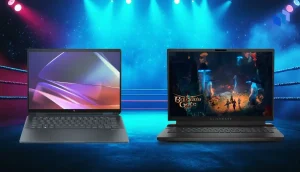What Does Intellectual Property Attache Act (IP Attache Act) Mean?
The Intellectual Property Attaché Act (IP Attaché Act or IPPA) is a new anti-piracy bill introduced July 9, 2012. IPPA’s current text provides that oversight of the U.S. Patent and Trademark Office’s (USPTO) Overseas Intellectual Property Rights (IPR) Attaché program would transfer to the Commerce Department.
News of the bill generated an immediate wave of concern among opponents of the recently stalled Stop Online Piracy Act (SOPA), that IPPA could be a repackaged version of SOPA and that effectively, IPPA could work like SOPA in the context of foreign law.
IPPA followed a rash of similar bills introduced beginning in mid-2011, including SOPA, the Cyber Intelligence Sharing and Protection Act (CISPA) and the PRECISE Act of 2011.
IPPA is unofficially known as the Zombie SOPA Bill and SOPA 2.
Techopedia Explains Intellectual Property Attache Act (IP Attache Act)
Experts view IPPA as a byproduct of the USPTO’s IPR Attaché program and a basic SOPA provision. In its current form, the IPR Attaché program exists to promote IP standards, protection and enforcement for the benefit of U.S. political and economic interests on an international level. Currently, six attachés are assigned to seven countries. Like the existing USPTO program, IPPA provides that trained officers (attachés) would be placed in foreign regions. These officers would work with government officials to tighten IP restrictions and eliminate IP theft – especially in countries where piracy and copyright infringement are rampant, like China, Russia and India.








